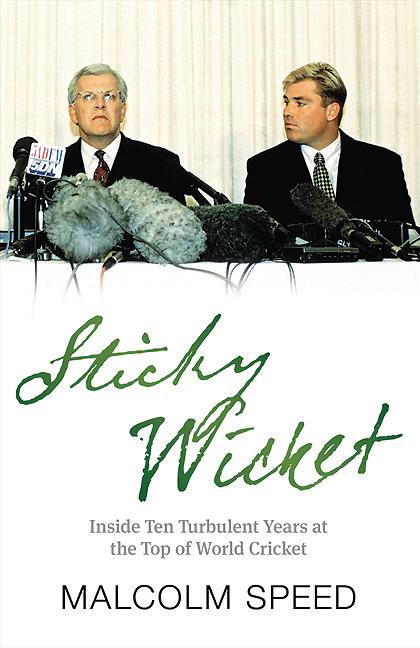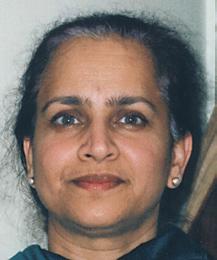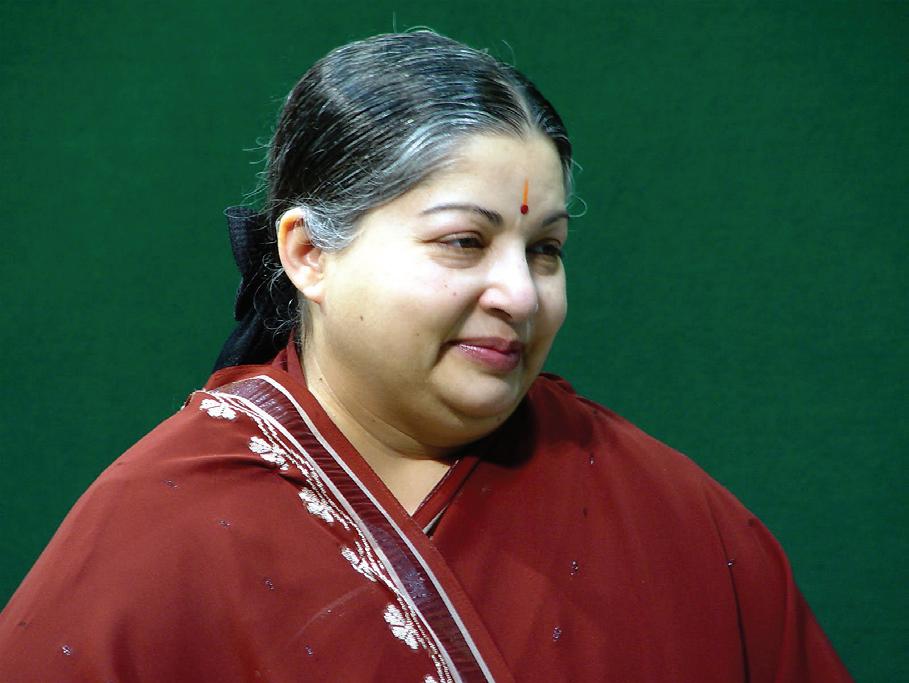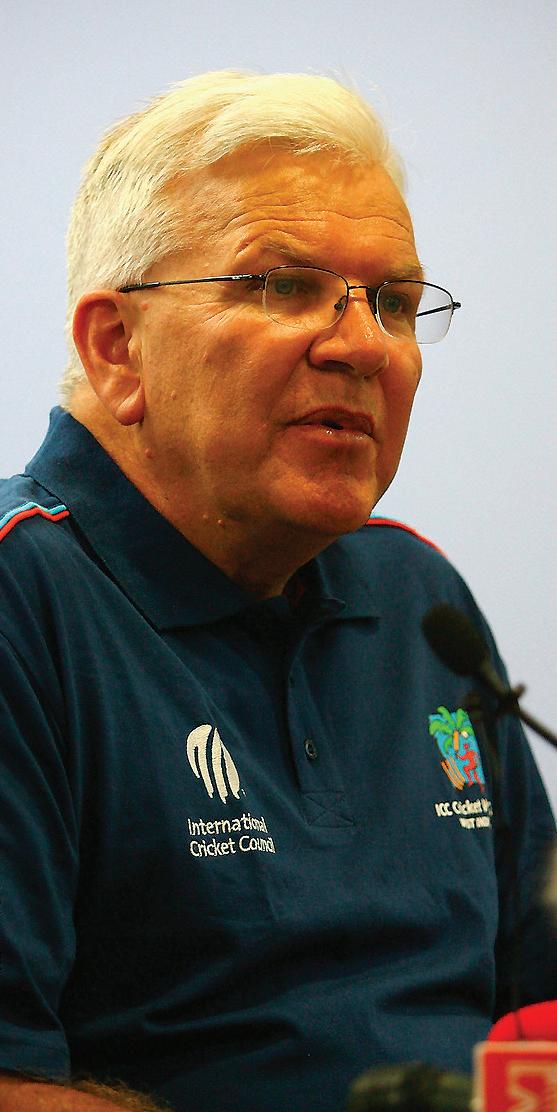
4 minute read
Candid and compelling
from 2011-07 Melbourne
by Indian Link
This month we look at two very different books – one on a political heavyweight from India, and another by a cricket administrator in Australia
BY CHITRA SUDARSHAN
Jayalalithaa Jayaram, the erstwhile movie star and current Chief Minister of Tamil Nadu is the ultimate political survivor who has overcome almost all her disadvantages – whether as a single woman in a conservative society or being a Brahmin in a Dravidian party – and has been elected for a third time: in the recent elections her party romped home with a thumping majority, decimating the Dravida Munnetra Kazahagam (DMK). She has survived the rough and tumble of Tamil Nadu politics for 3 decades, putting paid to predictions of her imminent demise time and time again. Vaasanthi’s recently published book Jayalalithaa: A Portrait (Viking/Penguin, 2011), is therefore a timely biography which traces Jayalalitha’s rise to ‘Ammahood’ – a sort of political deification –through movies and stardom, especially her association with MG Ramachandran, (MGR) the mega star who was a demi-god in his time.
Vaasanthi’s book paints a fairly sympathetic portrait of Jayalalithaa. It traces her difficult and lonely childhood after her father died when she was two years old, when she was forced into films despite being a diligent and intelligent student in school, and her genuine desire to go to University. Her tragic love affairs, including her liaison with Shoban Babu and her tumultuous relationship with MGR, who drew her into politics, are also described with both empathy and candour; so is her epic struggle to wrest the mantle of the AIADMK after it was left rudderless on the passing of her mentor MGR. She led the party to three successful election victories. Vaasanthi does not gloss over any of the twists and turns in Jayalalithaa’s political life, examining her chronic enmity with Karunanidhi, her rift with DMK’s old guard R.M. Veerappan, and her unconcealed pursuit of support from Indira Gandhi and Rajiv Gandhi when fighting

Sticky Wicket is a book that will be savoured by sports historians, sports lovers or anyone just interested in cricket, for there is hardly a page on which there is not something to be learnt about the state of the game, its governance and politics from the press, whose freedom she has repeatedly attacked; her ruthless stamping out of dissent among party workers; her extravagance and alleged accumulation of disproportionate assets, and the way she encourages her supporters, especially women, who worship her as their Amma or redeemer.
Vaasanthi does not gloss over any of the twists and turns in Jayalalithaa’s political life, examining her chronic enmity with Karunanidhi and her unconcealed pursuit of support from Indira Gandhi and Rajiv Gandhi when fighting for political survival in Tamil Nadu for political survival in Tamil Nadu. Also graphically highlighted are the contrary sides of Jayalalithaa: her extreme dependence on her aide Sasikala; her intolerance of criticism from any quarter, especially
There are some striking facets of Jayalalithaa’s life that Vaasanthi describes in her book: her phenomenal ability to commit to memory almost anything. In one instance, MGR’s speechwriter “Mr. Sholai” recalls how he went to meet her for the first time, with a speech all written up. She asked him to read it to her three times: at the end of it she repeated it verbatim, not missing a single word! Sholai was simply astonished. There is another well known anecdote about her: when a national politician quoted Shakespeare to poke fun at her, he was taken aback at her repartee: she completed the long quote from exactly where he had left off!

Writer and journalist Vaasanthi has written a most riveting account of a powerful and interesting woman. She is a well-known fiction writer in Tamil and exeditor of India Today (Tamil). Vaasanthi’s early novels, in Tamil, were about women. She spent several years in the Northeast, and then when she came to Delhi, the women writers she met were all so politically motivated that she started writing political novels. She is the author of another book in English on the politics of Tamil Nadu, called Cut-outs, Caste and Cine star: the World of Tamil Politics (2008).
Malcolm Speed’s recently published book Sticky Wicket (Sydney, Harper Collins, 2011) is a must-read for the cricket cognoscenti and cricket lovers out there. Speed was the CEO of the International Cricket Council from 2001 to 2008, and, needless to say, oversaw some of the most earth-shaking changes that took place in the world of cricket in recent times. He began his career as a lawyer and a barrister, became a sports consultant before assuming his role as the CEO of the Australian Cricket Board in 1997, which he served for 4 years. During that time, he was embroiled in a bitter pay dispute, player misbehaviour, corruption and such like. Later, as the boss of the ICC, he witnessed many momentous events first hand such as the emergence of the new Twenty20 format; the death of the Pakistan coach Bob Woolmer, etc. For the fans of Indian cricket, two things stand out in this book: the emergence of India as the game’s superpower; Bhajigate – the series of confrontations between Harbhajan Singh and Andrew Symonds a few years ago; and the chapters that describe the easing out of Speed from the ICC in a joint putsch by India and South Africa.
It is a book that will be savoured by sports historians, sports lovers or anyone just interested in cricket, for there is hardly a page on which there is not something to be learnt about the state of the game, its governance and politics. Cricket is big – in terms of the money involved, the millions of people it touches, the passions it evokes. A book on the administration of this mega sport – especially from one who has been in the driver’s seat, so to speak – is long overdue and welcome. Some readers may have reservations about his views on cricket and politics – or at best find it a tad naive: given that most sports administrators in India are either high profile politicians or businessmen.










